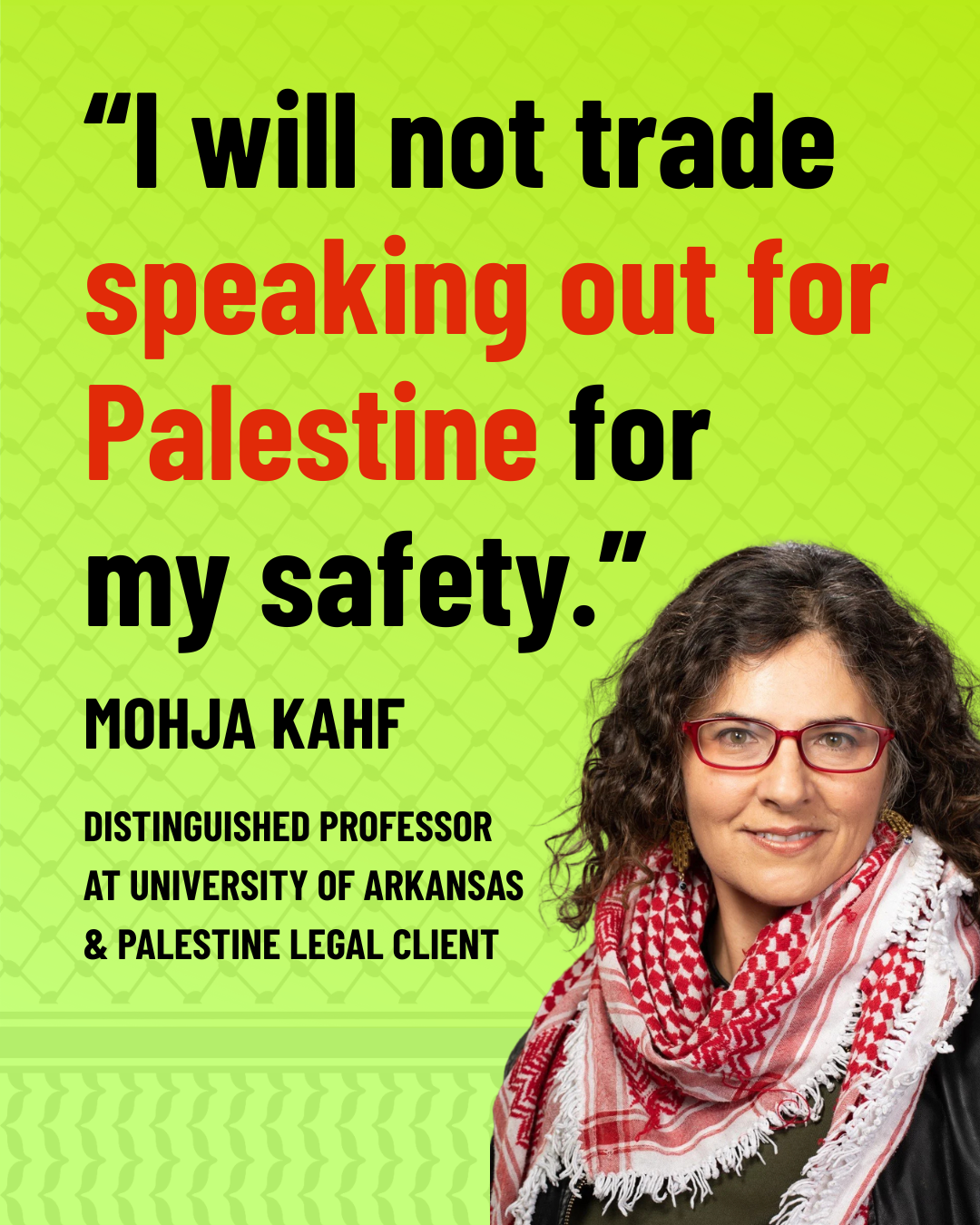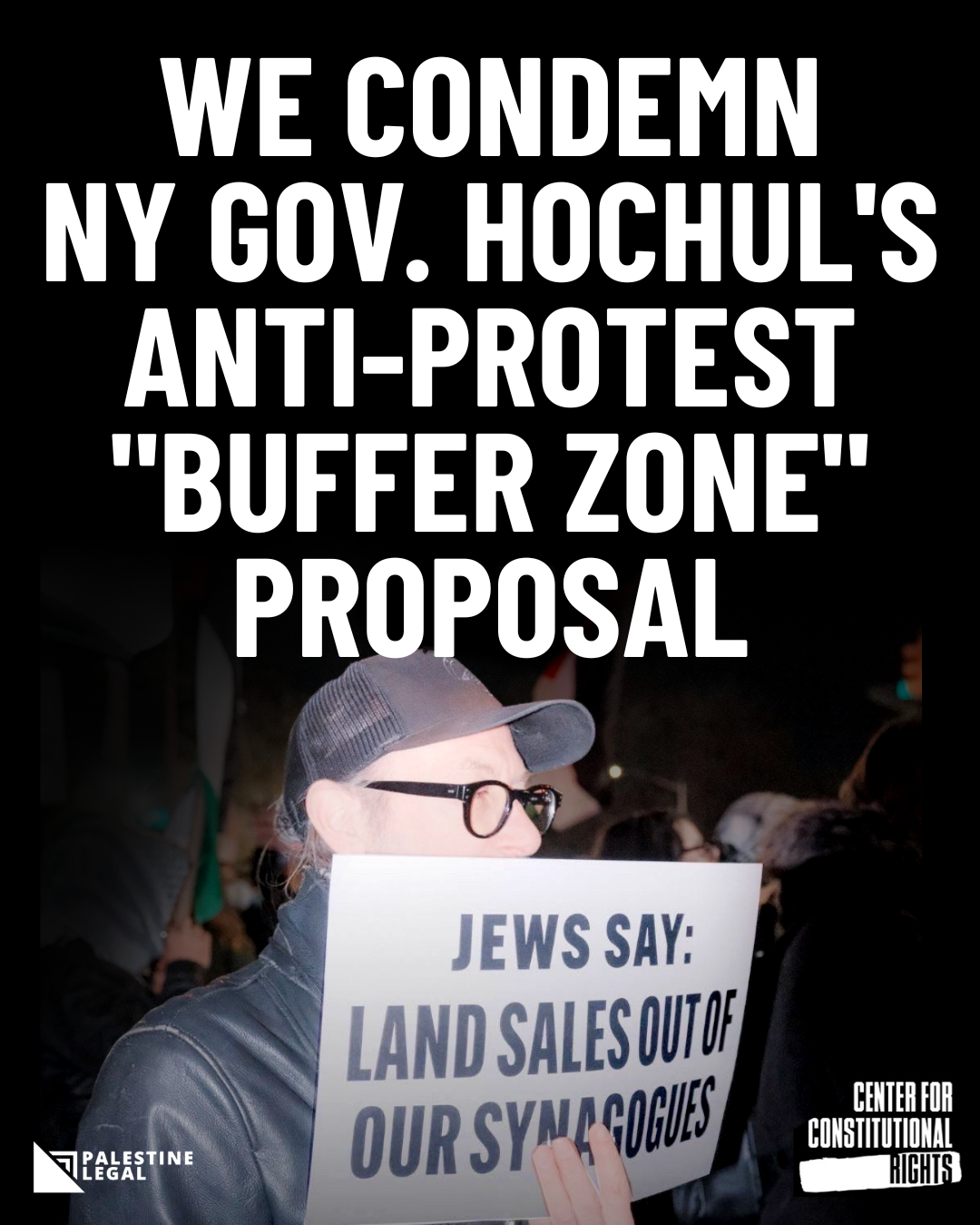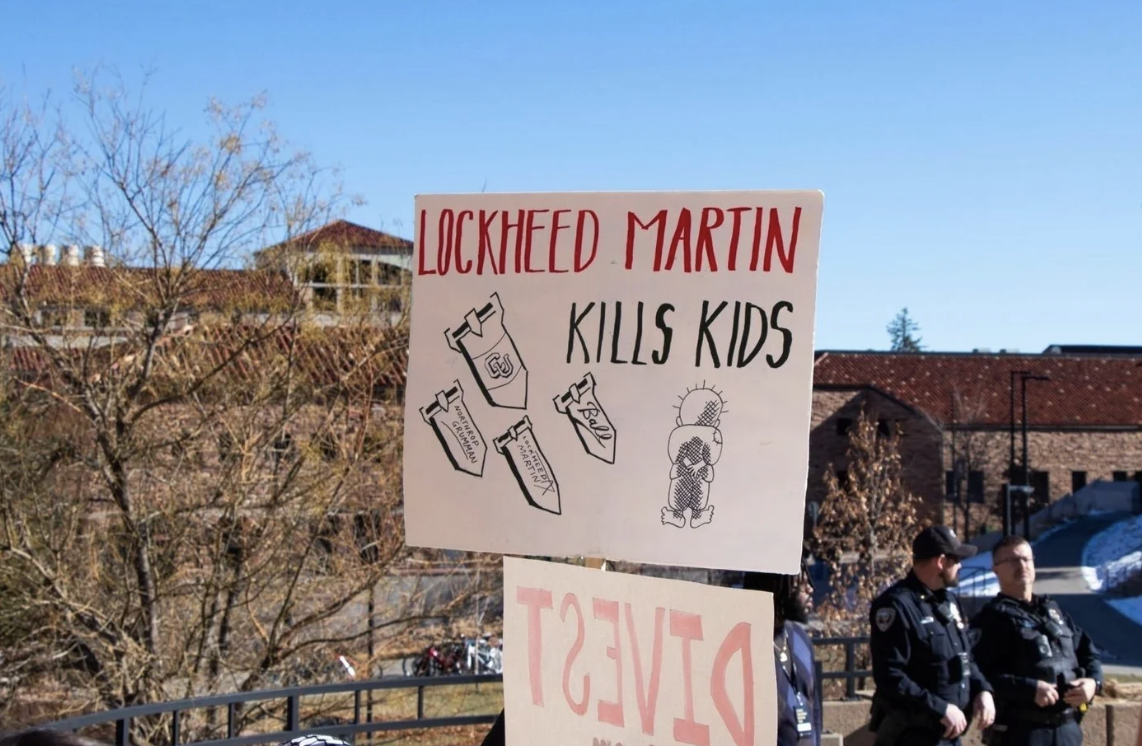Butler’s Cancelation of Angela Davis Talk Latest in Pattern of Palestine Censorship
/Dr. Angela Davis (Credit: Wikimedia Commons)
Butler University canceled an April 1 talk with Dr. Angela Davis without warning or discussion just three days before the event.
Students, faculty and community members are demanding that Butler apologize to Davis and reinstate the event, titled "Joint Struggle and Collective Liberation."
The university claimed that the event had instead been postponed by the student government, which had organized the event, because “established processes weren’t followed.”
In its statement, the university disrespected Davis by referring to her with the title ‘Ms.’ rather than ‘Dr.’ and repeatedly drew attention to the cost of the event, suggesting discomfort with paying Davis a routine speaking fee.
“Students working on the event have planned countless past events for which these procedures have not been enforced,” said Roua Daas, a member of the Butler student government who organized the event.
“The decision to arbitrarily enforce these procedures now is an attempt to specifically censor Angela Davis. It is grounded in the school’s history of racism and highlights the lack of genuine support for students of color, academic freedom and political engagement at Butler University, a predominantly-white institution,” Daas continued.
As students described in the school paper, the student government had faced pressure to distance itself from the event because of Davis’ support for Palestinian rights.
Butler had also been the target of a pressure campaign last semester when pro-Israel groups attempted to push through resolutions silencing Palestinian voices on campus. Students and community organizations successfully resisted the campaign.
However, administrators at the time bolstered false Zionist claims that an art exhibit on political boycotts and a know your rights presentation were antisemitic, smearing their students instead of defending them.
Butler’s statement pinning blame for the cancelation on student leaders appears here to repeat that dynamic.
“Time and again Palestine activists have faced false claims that they broke the rules and attempts to either blame them for their own censorship or drown their victories in red tape,” said Amira Mattar, Michael Ratner Justice Fellow at Palestine Legal.
Procedural excuses have been weaponized numerous times against Palestine advocates as an excuse to justify censorship of campus advocacy for Palestinian freedom.
In September 2016, after pressure from Israel advocacy groups, UC Berkeley tried to find a procedural excuse to cancel a student-led course on Palestine. When they thought they had one, the university e without ever speaking with the student facilitator, instead announcing to the public that he “did not comply with policies and procedures.”
After public outcry, the university admitted they were wrong and reinstated the course.
Similarly, in 2011 an Israel advocacy group sued the Olympia Food Co-op over its decision to boycott Israeli goods, alleging procedural violations in the co-op board’s decision making process. After a years-long legal battle up and down the Washington court system, the case against the boycott was dismissed in 2018 and an appeal denied in 2020.
The American Studies Association similarly faced and defeated three lawsuits alleging procedural violations during its adoption of an academic boycott of Israel. One case is still active in the DC court of appeals.
As Angela Davis herself knows, when we persevere we win. In January 2019, the Birmingham Civil Rights Institute rescinded an award to Angela Davis with no explanation. Davis later learned that the cancelation was because of her support for Palestinian rights.
After public pressure, the institute reversed course, finally awarding her the Fred Shuttlesworth Human Rights Award in June 2020.
TAKE ACTION: Tell Butler University that we want answers, an apology, and the opportunity to hear Angela Davis speak.












